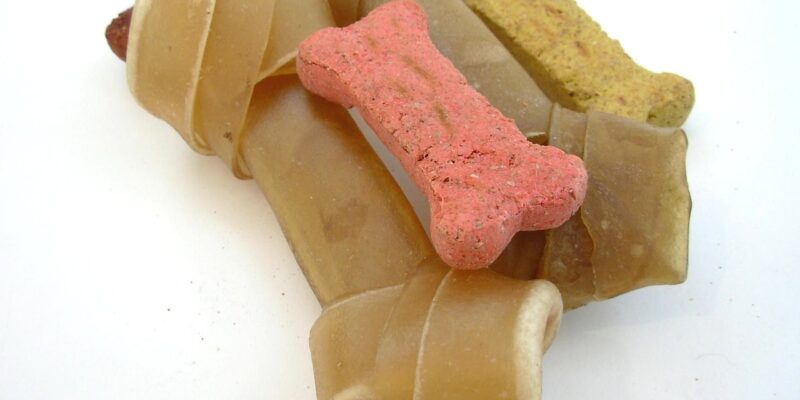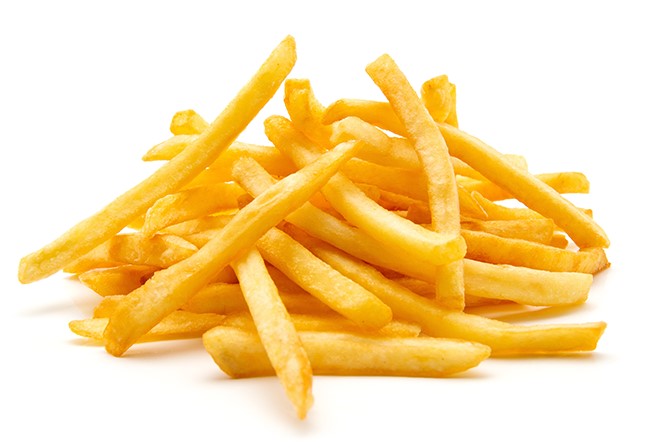As dog owners, we all want to treat our furry friends with snacks from time to time. It’s important to remember that not all human food is safe for dogs, and that includes fruits. While fruits are generally healthy and nutritious, some can be toxic to dogs. It’s important to follow some dos and don’ts when treating your dog with fruit snacks.
Firstly, it’s important to choose the right fruits for your dog. Some safe options include bananas, blueberries, apples, strawberries, oranges and watermelon. These fruits are not only safe but also provide your dog with essential vitamins and fiber. However, it’s crucial to wash and clean them properly before feeding them to your dog to avoid the presence of pesticides, dirt or bacteria. Additionally, removing the seeds, stems and pits is necessary as they can cause choking or intestinal blockage.
On the other hand, there are fruits that should be avoided at all costs. Some toxic fruits include grapes, raisins, cherries, peaches, citrus fruits, and avocados. These fruits can cause vomiting, stomach pain, kidney damage or even death. It’s also best to avoid feeding your dog canned fruits or fruits in syrup as they often contain added sugar and preservatives, which can be detrimental to your dog’s health.
It’s also important to remember that fruits should be given in moderation. Too much of any fruit can cause upset stomach, diarrhea and even obesity in dogs. It’s essential to treat fruits as snacks and not as a replacement for their regular meals. It’s advisable to consult your veterinarian before introducing any new food to your dog’s diet, including fruits.
Lastly, it’s crucial to avoid feeding your dog fruit snacks with seeds. Some seeds contain cyanide, which can be poisonous for dogs. It’s best to remove pits from fruits such as apples and peaches before feeding them to your dog.
In conclusion, treating your dog with fruit snacks can be an enjoyable and healthy experience if you follow the dos and don’ts. Choose the right fruits for your dog, wash and clean them properly, remove the seeds and pits, and feed them in moderation. By doing so, you can ensure that your dog receives the benefits of fruits without any negative health effects.
The Dos of Treating Your Dog with Fruit Snacks
Dogs can enjoy a variety of fruits as long as they are safe for them to eat. Some of the fruits that are safe for dogs to consume include bananas, blueberries, apples, strawberries, oranges, and watermelon. However, before offering any fruits to your furry friend, it is important to wash and clean them properly to remove any dirt or pesticides that could be harmful to your dog’s health.
In addition to cleaning the fruits, it is essential to remove the seeds, stems, and pits of the fruits before feeding them to your dog. These parts of the fruit can pose a choking hazard or cause intestinal blockage. It is better to be safe than sorry, so always take the necessary precautions when treating your dog with fruit snacks.
The Don’ts of Treating Your Dog with Fruit Snacks
If you want to treat your dog with fruit snacks, it’s important to know which fruits are toxic for them. Grapes, raisins, cherries, peaches, avocados and citrus fruits are all dangerous for dogs. These fruits can cause vomiting, diarrhea, stomach pain, kidney damage or even death. It’s crucial to avoid feeding your dog any of these harmful fruits.
Canned fruits or fruits in syrup should also be avoided, as they often contain added sugar and preservatives that are not good for your dog’s health. When feeding your dog fruits, always choose fresh and organic options, and make sure to wash and clean them properly before serving. Removing seeds, stems and pits is also important, as they can pose a choking hazard and cause intestinal blockage.
Remember, fruits should only be given to your dog as a treat and not as a substitute for their regular meals. Moderation is key, and it’s always a good idea to consult with your veterinarian before introducing any new foods to your dog’s diet.
Don’t Feed Your Dog Too Many Fruits
While fruits can be a healthy addition to your dog’s diet, it’s important to remember that they should be given in moderation. If your dog eats too much fruit, it can cause digestive issues such as upset stomach or diarrhea. Additionally, consuming too many fruit snacks can lead to obesity in dogs, just like in humans.
Treat fruits as a snack for your dog and not as a substitute for their regular meals. Feeding your dog fruit snacks on top of their regular meals can lead to overfeeding and weight gain. It’s important to consult with your veterinarian before introducing any new food to your dog’s diet, especially if they have any underlying health conditions.
To help regulate your dog’s fruit intake, you can create a feeding schedule and portion out their fruit snacks accordingly. You can also mix fruits with their regular food as a topping or use them as a reward during training sessions.
Remember, even though fruits can be a healthy and tasty treat for dogs, giving them too much can lead to negative health effects. So, make sure to follow the dos and don’ts of treating your dog with fruit snacks and consult with your veterinarian if you have any concerns.
Don’t Feed Your Dog Fruit Snacks with Seeds
Although fruits are a healthy and nutritious treat for dogs, it’s important to remove the seeds, stems and pits before feeding them to your furry friend. These parts of fruits can be a choking hazard or cause intestinal blockage, which can be dangerous for your dog’s health.
Some seeds, such as those found in apples and peaches, contain cyanide which can be poisonous for dogs. It’s better to avoid feeding them to your dog altogether, or at least remove the seeds before giving them as a snack.
To ensure your dog’s safety and well-being, always be cautious about what fruits you feed them and how you prepare them. Following these simple precautions can help you enjoy the benefits of fruit snacks for your dog, without any negative consequences.
Conclusion
In conclusion, treating your dog with fruit snacks can be a wonderful way to give them healthy and delicious treats. But it’s important to keep in mind the dos and don’ts to ensure your dog’s safety and health. Always choose safe fruits such as bananas, blueberries, apples, strawberries, oranges and watermelon, and make sure to wash and clean them properly before feeding. Avoid toxic fruits such as grapes, raisins, cherries, peaches, avocados and citrus fruits. Also, feeding your dog too many fruits or fruits with seeds, stems and pits can cause digestive problems or even choking hazards. So, it’s best to feed fruits in moderation and consult with your vet before introducing them into your dog’s diet. By following these guidelines, you can treat your furry friend with fruit snacks that promote their health and well-being.









